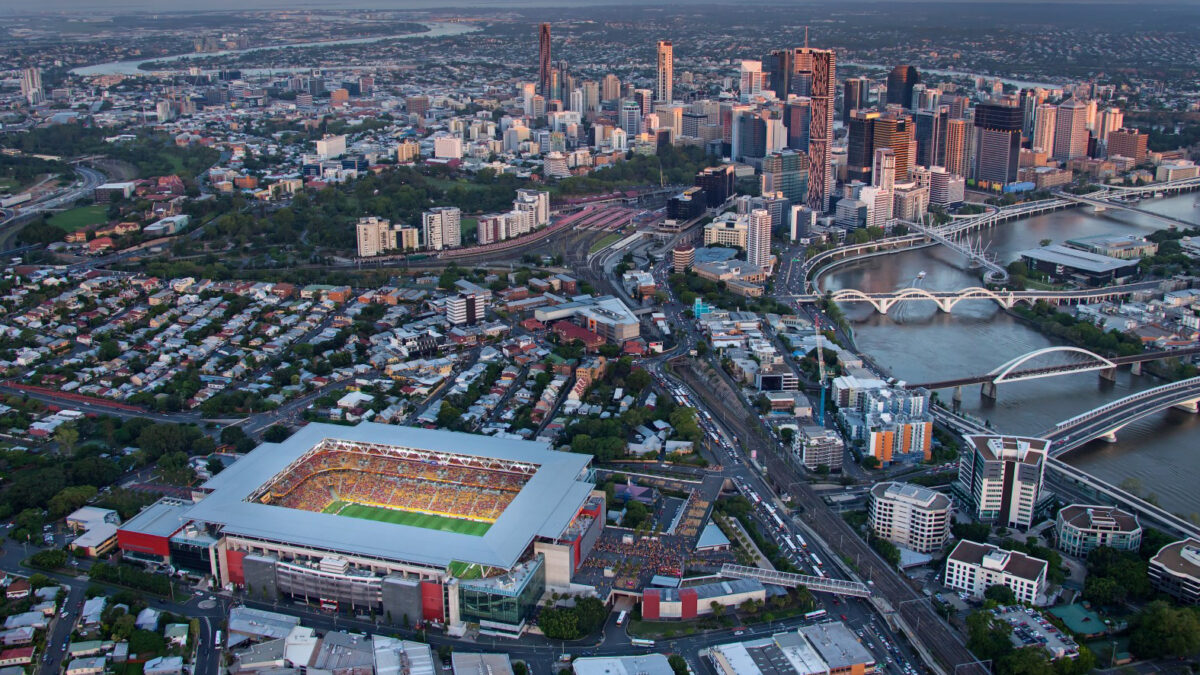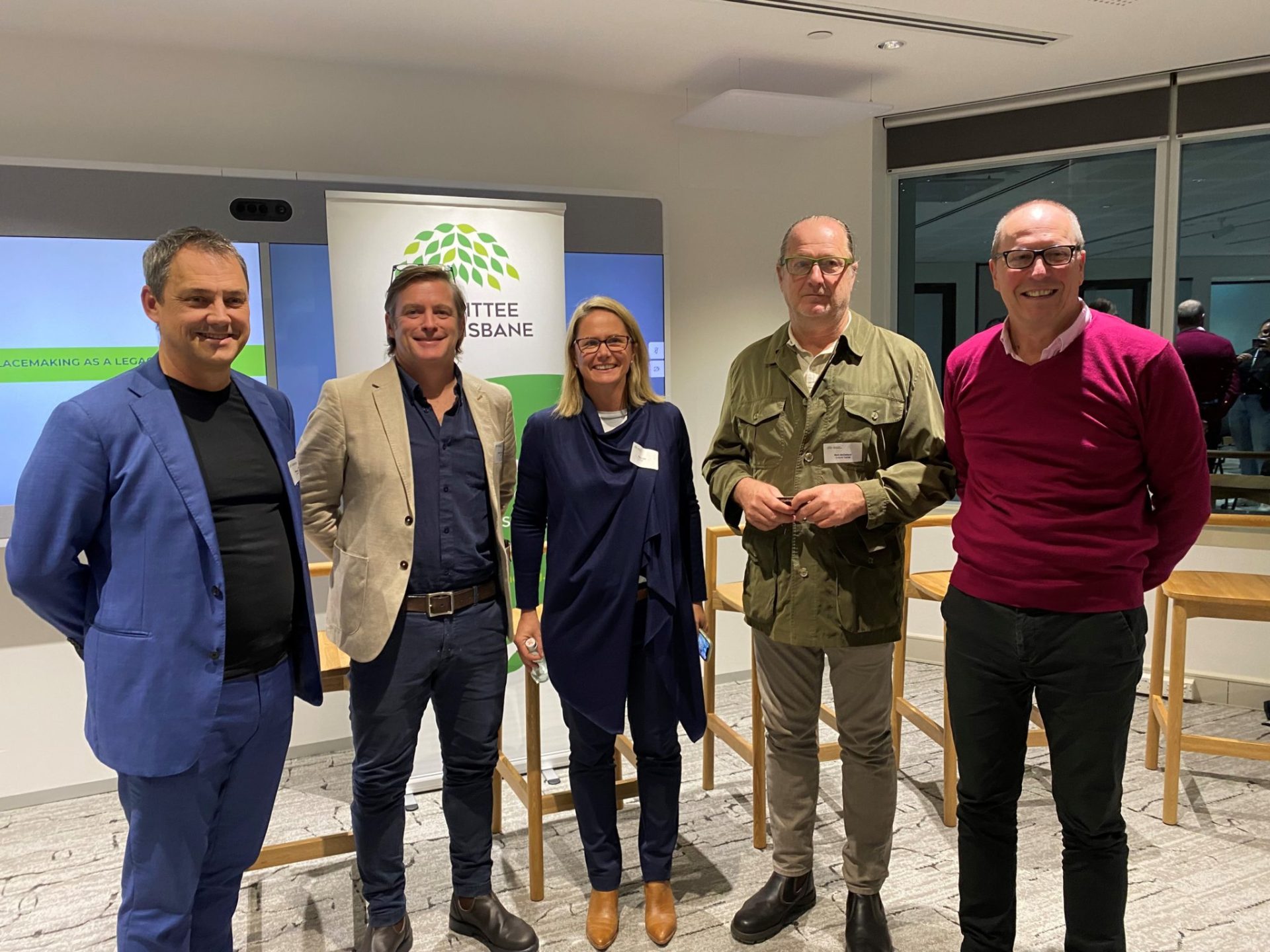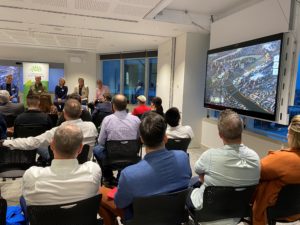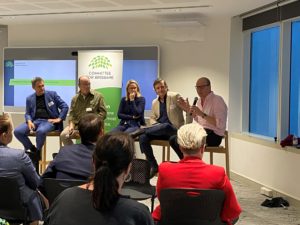News

May 23, 2022

In close to ten years’ time, Brisbane will become the youngest city ever to host the 2032 Olympic and Paralympic Games. As much as the global event and the major venues that host it are about entertainment, they’re also about facilitating a lasting connection between people and place.
With considered planning and bold placemaking efforts, the 2032 Games can create a long legacy for Brisbane, the South-East and all of Queensland.
Currently, there are many conversations occurring around which stories or social imperatives could drive placemaking for the host city and what city-sweeping urban regeneration projects we can expect to define the 2032 Games.
One such organisation is the Committee for Brisbane. Now in its 60th year of operation, the committee is exploring the concept of placemaking as a legacy through their ‘Business of the Games’ event series.
Inspired by the International Olympic Committee’s definition of legacy, the Committee for Brisbane invited a panel of local Brisbane experts to consider the profound benefits that placemaking could have for Queensland in the run up to the 2032 Olympics.
The panel focused on creating greater connectivity and cultural infrastructure to successfully capture the character of Brisbane’s community.
Bringing 30 years of design and master planning expertise to the panel was Populous’ Principal and Architect, Shaun Gallagher.
Shaun has a particular interest in planning for the legacy of major events and stadia developments including the Olympic Games and has worked on the Sydney 2000 Games, ANZ Stadium, Suncorp Stadium, London 2012 Games, Queensland Tennis Centre and many other notable projects.
“By shaping and integrating sporting infrastructure into the fabric of a city, we have a chance to create enduring precincts long after major events are over.
“Putting placemaking at the heart of future planning for a city, combined with designing public infrastructure such as major stadiums and arenas for their long-term use first, can ensure they are connected and vibrant community precincts which facilitate lasting connections between people and place,” Gallagher said.
There are many lessons to learn from past Games and the next ones coming up about the importance of creating a theme and legacy.
“The 1992 Barcelona Olympic Games was a real urban regeneration project to reclaim that city and you can still measure the success of those games today 30 years on because of the work they did in creating and promoting a new destination.
“Sydney 2000 claimed the theme of the Green Games with Populous’ Olympic Stadium becoming a model of green, functional, cost-effective design, which is still regarded as one of the most environmentally sustainable stadia in the world.
“London 2012 was where Populous designed the master plan of the Olympic precinct for its intended legacy use 10 years after those Games.
“Paris 2024 is next and they have 95% of their venues either existing or temporary. The only major urban regeneration they have is for their Athlete’s Village.
“LA 2028 is an interesting one as they are investing in public transport infrastructure which will remain long after the Games are gone and hopefully change the behaviours of people living in LA who rely on cars and private transport to get around.
“For Brisbane 2032 we have the opportunity to plan how we would like to be defined, for example the Digital Games or environmentally sustainable design with a new ‘walkable city’ master plan.
“When designing a stadium or arena it can’t be considered in isolation. Buildings are not just objects on their own, they’re part of the broader urban design and the more you can weave a project into the fabric of a city, the more treasured it is by the people, the more used it gets and the more sustainable it becomes,” Gallagher said.
Feature photo panel appearance:


Lorem ipsum dolor sit amet consectetur, adipisicing elit. Non facere corporis et expedita sit nam amet aut necessitatibus at dolore enim quis impedit eius libero, harum tempore laboriosam dolor cumque.
Lorem, ipsum dolor sit amet consectetur adipisicing elit. Illo temporibus vero veritatis eveniet, placeat dolorem sunt at provident tenetur omnis, dicta exercitationem. Expedita quod aspernatur molestias eum? Totam, incidunt quos.